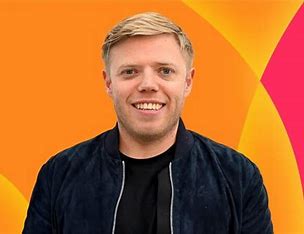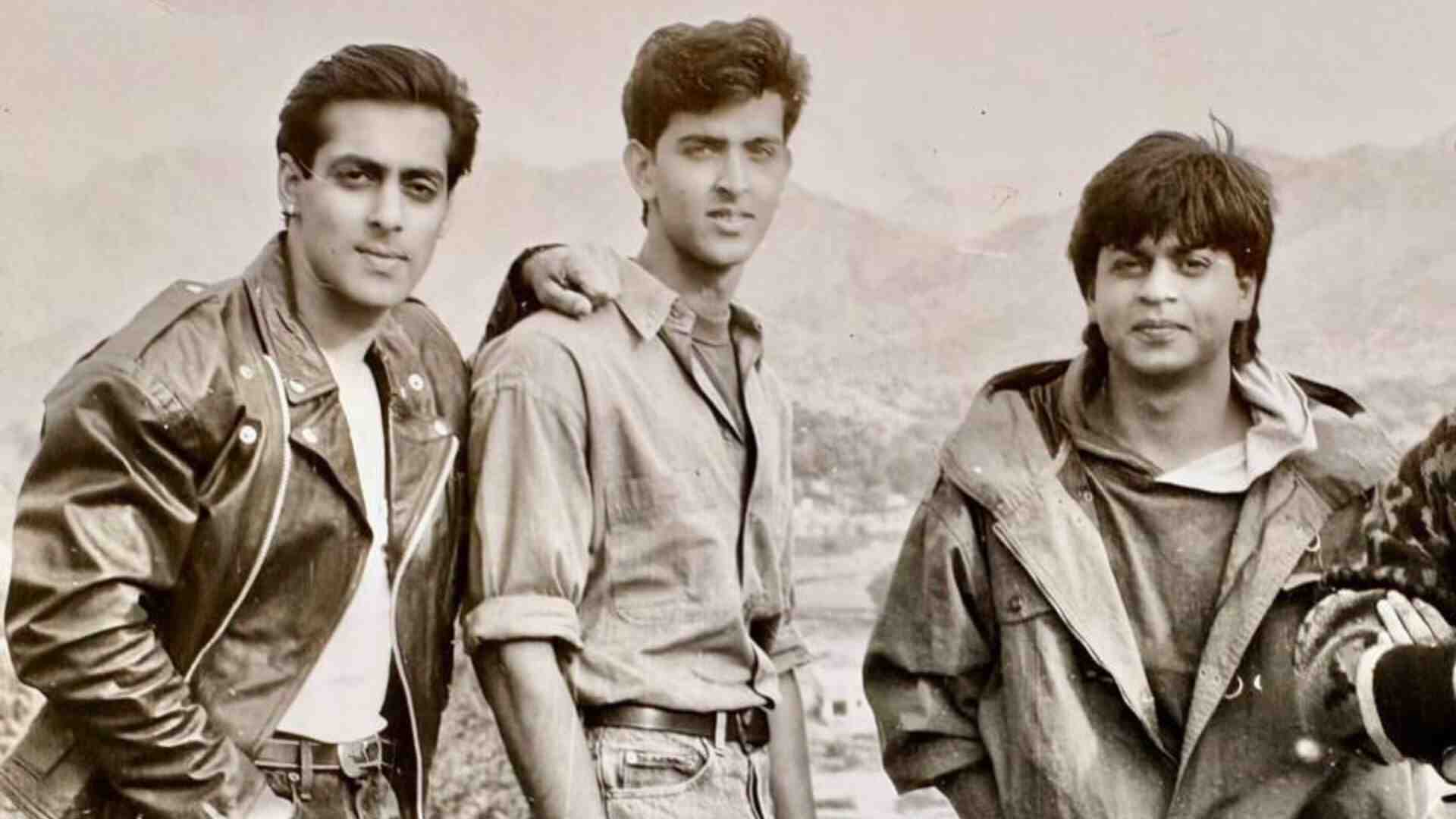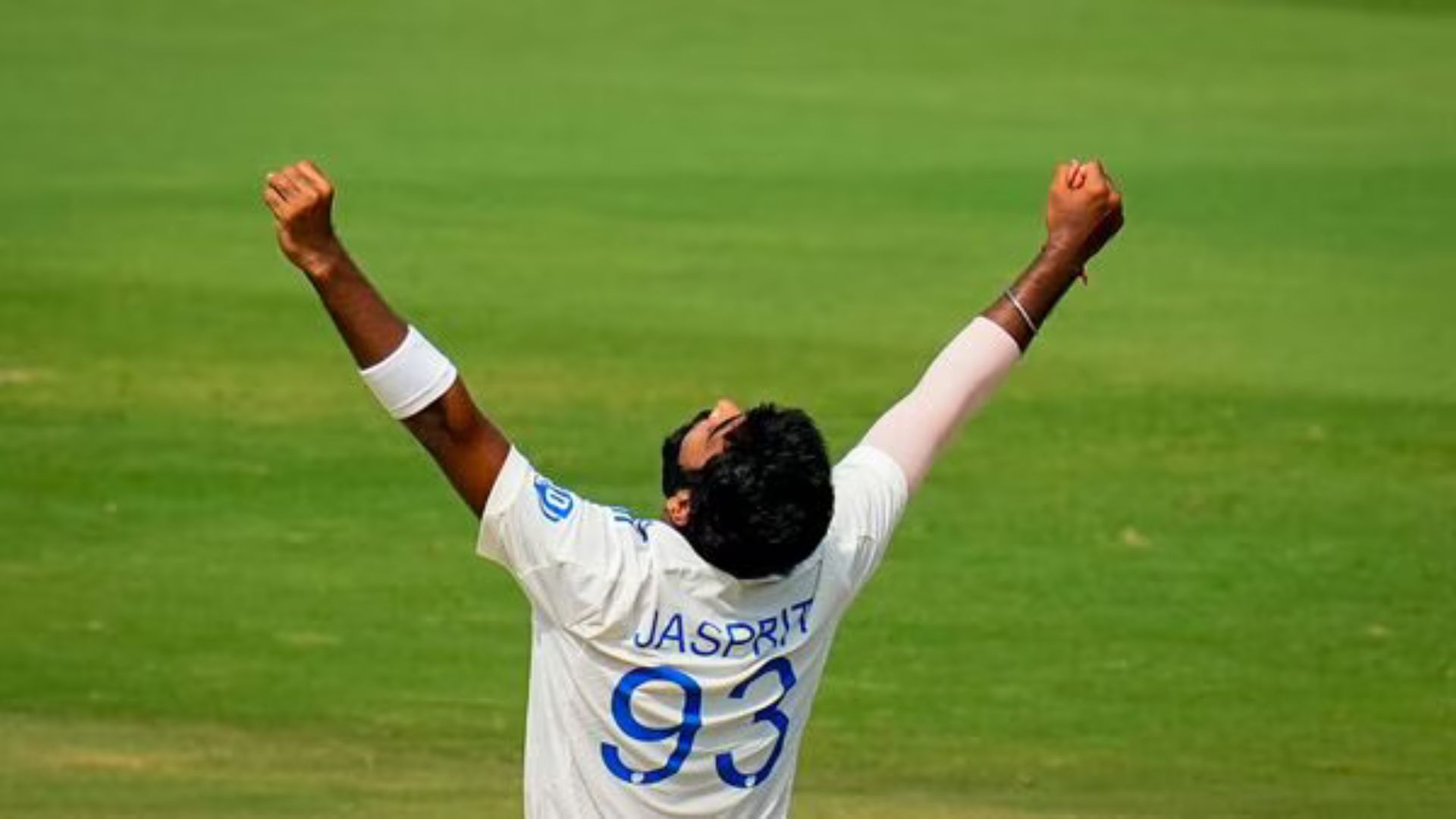
Rob Beckett’s easy charm and keen sense of humor have established him as one of Britain’s most beloved stand-up comedians. Yet, beneath his infectious laughter, he has faced personal struggles, including dark thoughts and anxiety.
Towards the end of 2019, Beckett found himself in South Africa filming the second series of the Bafta award-winning show Rob & Romesh Vs, where he and fellow comedian Romesh Ranganathan attempted various skills. Despite the privilege of the experience, Beckett called his wife and agent to share that he was overwhelmed and on the verge of burnout. “The job was basically a lads’ trip, getting pissed with one of my best mates,” he recalls. “And I was like, ‘Well, if this doesn’t make me happy…’”
At 38, Beckett had enjoyed a lively childhood in working-class southeast London, filled with playful banter among his parents and four brothers. However, school was a struggle, leading to feelings of inadequacy. He channeled this insecurity into comedy, accepting every opportunity that came his way. “It was a toxic fuel,” he admits. Despite becoming a familiar face on television, with roles in shows like I’m a Celebrity… Get Me Out of Here! Now! and 8 Out of 10 Cats, he was battling suicidal thoughts. “I had all the markers of a successful person,” he reflects, “but I was having suicidal thoughts.” Following his agent’s advice, Beckett underwent six months of intense therapy, which helped him confront what he describes as a low-level anxiety disorder.
Over lunch in a bustling London restaurant, Beckett’s warmth and humility shine through as he discusses this challenging period. He theorizes, “All comedians are broken… there’s got to be something wrong that drives us to achieve.” His upcoming tour, titled *Giraffe*, is intended to be a lighthearted affair without a profound message—just an opportunity for laughter.
Beckett’s stand-up is filled with observations from everyday life, tackling topics like driving and aging parents. He’s aware of the delicate balance between ego and self-doubt that many comedians face. “Comedians aren’t as important or influential as we like to think. We’re a Chinese takeaway, a pint at the pub, a distraction from life,” he notes.
This tour feels different for Beckett; he’s determined not to let catastrophic thinking dictate his performance. “My entire well-being was dependent on whether I felt funny enough,” he explains, revealing how he used to compare himself to others like Kevin Bridges. With therapy, he learned to approach his work with a newfound calmness. “I’m a funny person with funny jokes,” he states. “I’ll go out there, tell them, and not try to control the outcome.”
During our conversation, he shares a humorous anecdote from a recent show, highlighting how he now embraces the awkward moments that used to unsettle him. “If it’s awkward, enjoy the awkwardness!” he laughs, demonstrating a significant shift in his mindset.
On the podcast Parenting Hell, which he co-hosts with Josh Widdicombe, Beckett recently discussed his late diagnosis of dyslexia. He initially sought help when he realized he was struggling to assist his daughter with homework. The assessment process was emotionally taxing, bringing back memories of his school days. “I was told I was thick and that I wasn’t trying, but I was trying 10 times harder than the others in the class,” he recalls.
In his memoir, A Class Act, Beckett reflects on his childhood experiences and the impact of his undiagnosed dyslexia. “School didn’t pick it up, and there just wasn’t the opportunity to go private,” he explains. This lack of diagnosis not only affected him but also his father, who likely has dyslexia as well.
Despite these challenges, Beckett relied on his natural charisma and social skills to navigate life. Now that he understands his dyslexia better, he feels empowered. “It’s the equivalent of having Ikea furniture and someone giving you an Allen key and instructions. Knowledge is power, essentially,” he shares.
His latest tour is extensive, reflecting his desire to connect with audiences over multiple nights rather than opting for fewer shows in larger venues. Beckett aims to create a meaningful experience, enjoying the intimacy of smaller theatres.
Looking ahead, he plans to take a break after the tour wraps up in 2026. “I’d like to have a break and do a lot less,” he shares, revealing his desire to allow his wife, Louise Watts, to pursue her career as well.
Through humor and honesty, Rob Beckett continues to navigate the complexities of life, proving that laughter can be a powerful tool for healing.















